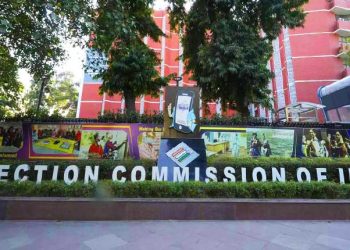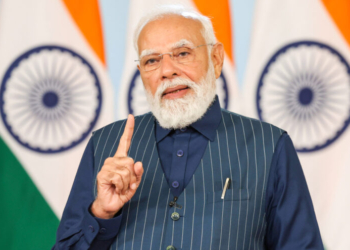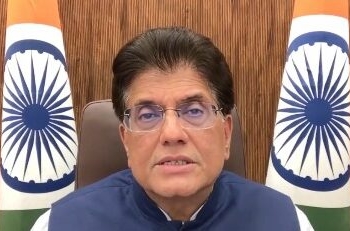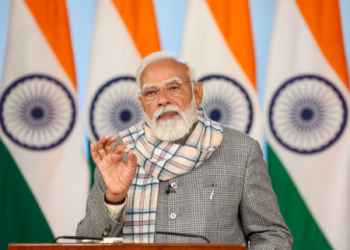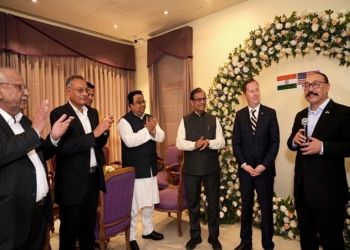New Delhi: Leader of opposition in the Bihar Assembly, Tejashwi Yadav, claimed on Wednesday that the Indian Railways thrived during his father Lalu Prasad Yadav’s tenure as Railway Minister, but deteriorated under the NDA rule.
Reacting to a post by former Bihar Chief Minister Lalu Prasad on X claiming credit for the rail wheel manufacturing unit in Saran, Tejashwi said, “When Lalu Prasad was the Railway Minister in the UPA 1 government, several railway factories were established in Bihar, including the rail wheel unit in Saran, which now produces approximately 2,00,000 wheels annually.”
He also recalled a special package of around Rs 1.5 lakh crore which was given to Bihar.
The RJD leader criticised the current NDA government, which he said has been in power for 11 years without providing Bihar with a single factory or special package.
“The demand for special status for Bihar remains unfulfilled. During Lalu Prasad’s tenure, Railways generated profits worth Rs 90,000 crore, while train fares were also reduced in each Budget. But Budgets now have led to the decline of the Railways with rising fares, frequent delays, and accidents,” he said.
Earlier, Lalu Prasad said in his X post: “The ‘Made in Bihar’ rail wheels have not only set the record for increasing the speed of Indian trains, but also played a crucial role in reducing the Railways’ reliance on imports. The rail wheel plant in Saran has produced over 2 lakh rail wheels, contributing to India’s push for self-reliance. I had laid its foundation in 2008 when I was the Railway Minister. About Rs 1,640 crore was spent on the construction of the plant.”
Mentioning the post, Tejashwi said, “MNREGA was progressing in Bihar at that time, while roads were developed in every village. However, despite having more MPs from Bihar now, the NDA has betrayed the state.”
On a different note, Tejashwi also criticised the Waqf (Amendment) Bill, calling it unconstitutional and lacking proper planning.
He also reiterated that his party opposed the Bill in the Parliament and will not allow its implementation.
(IANS)





